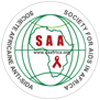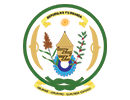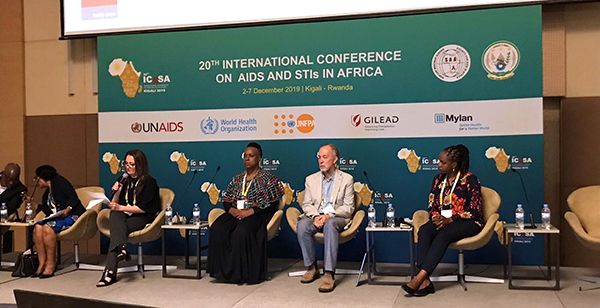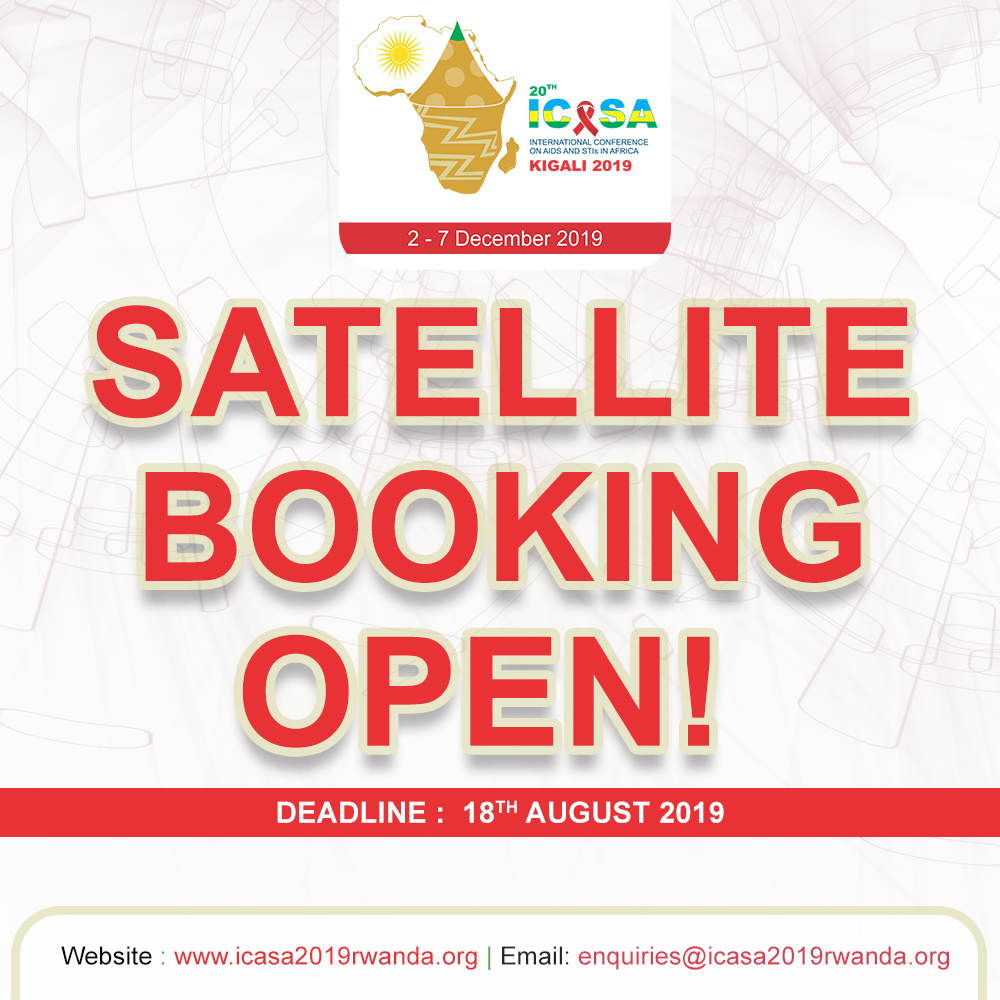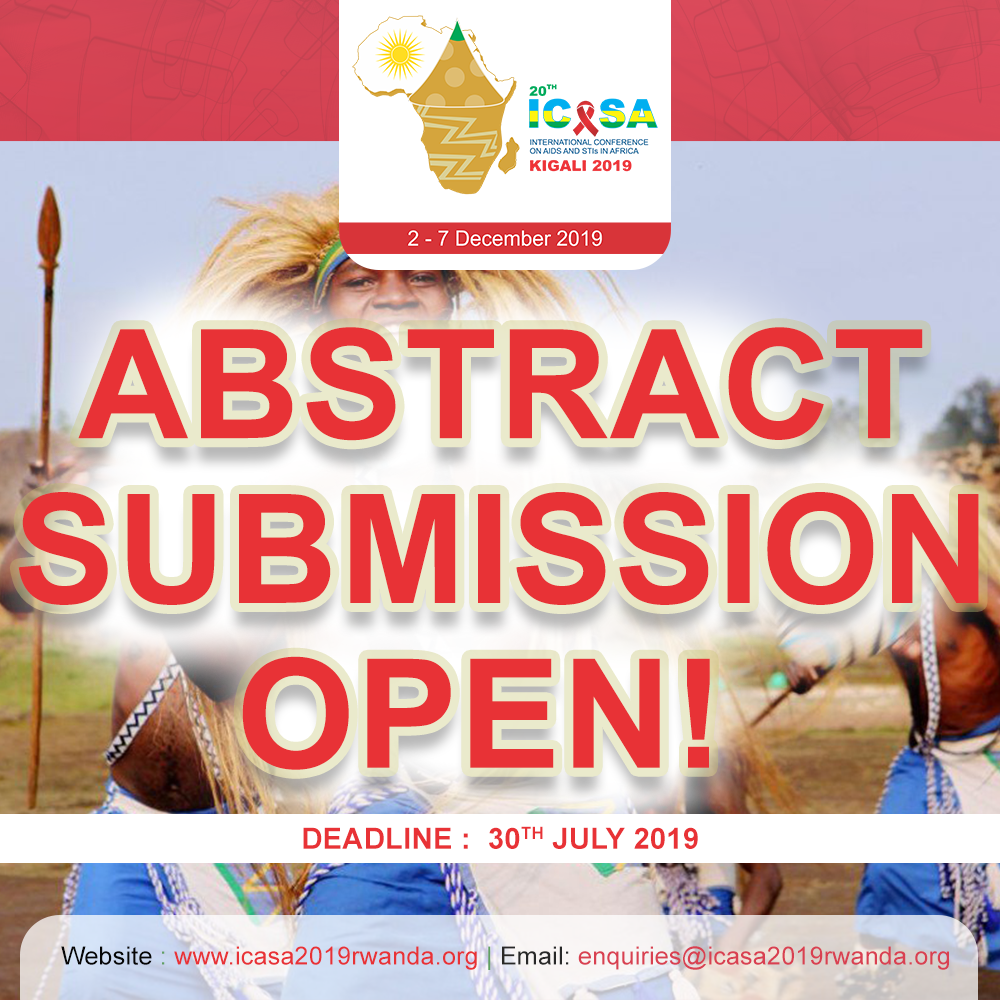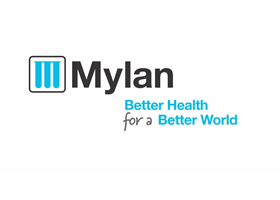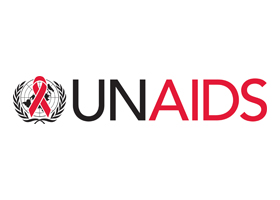A special session was organized by the Society for AIDS in Africa at the ongoing 2019 ICASA Conference, holding at Kigali, Rwanda. This session was one with a difference. It brought together policy makers from UNAIDS, the African Union and three advocates – Yvette Raphael, Rosemary Mburu and Kevin Fisher. The session started with the diplomats making complementary statements about the efforts of governments on the continent: progress made with HIV control, increasing domestic investment in the HIV response, and the reeling out of many declarations committing governments to improve funding for health and HIV in Africa. One was made recently in 2019 by AU.
The advocates sounded upset. Yvette Raphael apologized for her inability to massage the egos of the governments of Africa whose success stories seem to be the ability to reel out more and more declarations on health financing through siphoning of the resources that should be invested in strengthening the health systems to organize these meetings.
She was also concerned with the silencing of HIV advocates who otherwise should be holding governments accountable to the declarations they make and or sign too. Rather, what is seen is the increasing state support for advocates to become social contractors who now provide the health care services that governments should otherwise should be providing. Worse still, the policy makers ‘romance’ with advocates by funding their global travels, making it difficult for the advocates to ‘bite the fingers that feed them’. This compromise has largely affected the ability of advocates to call out governments for their inefficient response.
Rosemary Mburu spoke to earlier presentations made by Kevin Fisher and Yvette Raphael by raising specific concerns about the current response in the field. The government can only make impact if it understands the country’s epidemic. If currently the government is unclear about the profile of persons who are untested, there is a huge concern about the government’s ability truly being able to respond appropriately to its epidemic. What has happened largely has been an adoption of the agendas of others, including funders.
The activists made a bold demand: enough of the declarations; no more declaration; the 2019 declaration should be the last. What we need now is action! Rosemary made reference to the draft HIV Accountability Scorecard developed by the Society for AIDS in collaboration with Accountability International, as a powerful tool that advocates can use to help provide countries with directions on how to improve their resourcing. First, the scorecard shows clearly that the capital flight from the continent is significantly more than the donor funding received. If government can block these routes, we can have resources to help strengthen its responses. Another opportunity is the possible taxation of the huge funds transfer from the diaspora; taxation of luxury and wealth items rather than depend only on VAT. What seems to be happening is the reluctance of government to make the needed bold moves to make the difference.
The Abuja declaration made 20 years ago asked for 15% of the national budget to be invested in health. Only two countries on the continent have met this. However, beyond that, the declaration asked that resource rich economies made available 0.7% of the GNP to support development of resource constraints economies. Donor funds will make significant impact if part of the funds are dedicated to strengthening country systems to effectively moblise domestic resources to build their systems.
The community demands that going forward, donor funds should dedicate a percentage of their funding to help build mechanisms to improve domestic resource mobilization.
Going forward, advocates were challenged to go to the table not only demanding for increased domestic resourcing for health but proscribing specific actions the government can take to increase domestic resourcing for health and HIV. The HIV scorecard developed by the Society for AIDS in Africa and Accountability International is a comprehensive well written document that can serve as a reference document to help advocates do just this.


